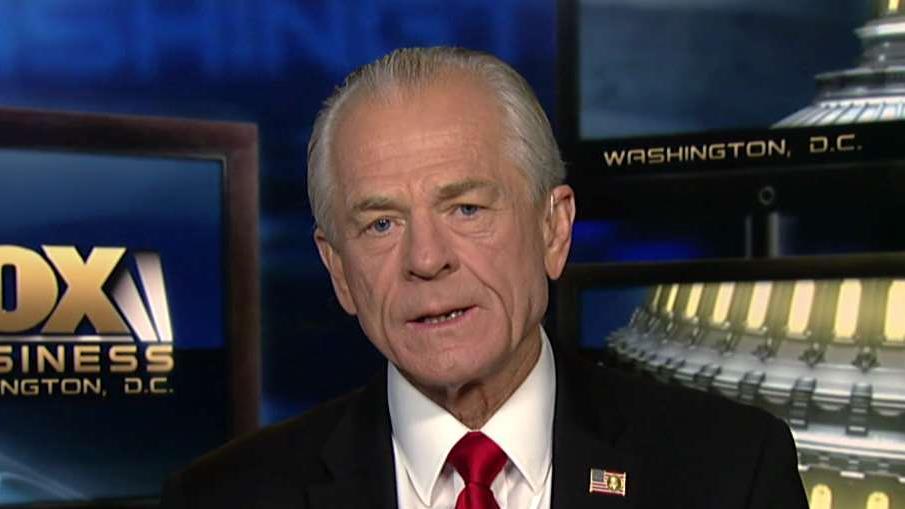US to remain in international postal union after demanding reform to 'antiquated' rate structure
The United States will remain a member of the universal postal union, after threatening to leave over its “antiquated rules” that had resulted in the United States subsidizing packages from China.
During the third so-called Extraordinary Congress in the postal union’s history, top White House trade adviser Peter Navarro said members agreed to adopt a comprehensive set of reforms based on U.S. proposals.
Among them, according to Navarro, is the ability of the U.S. to immediately self-declare its postal rates.
“This agreement will also transform an antiquated, discriminatory system into a modern and resilient one far more prepared to meet the new demands of e-commerce and the increasing challenges of counterfeit goods and drugs such as fentanyl now moving like poison through the international mail system,” Navarro said in a statement.
The United Postal Union was established in 1874, and is now an agency of the United Nations, with the goal of setting rules for international mail exchanges.
Last month, Navarro explained during an interview with FOX Business that the postal union’s rate structure was causing the U.S. Postal Service to lose money on international letters and packages — particularly from countries like China.
“Under the antiquated rules of the Universal Postal Union, the USPS, the postal system, has to heavily subsidize the incoming mail of a number of countries to the tune of hundreds of millions of dollars a year, it puts our manufacturers and our workers out of business,” Navarro said during an interview with FOX Business’ Maria Bartiromo.
He added that a lot of the products being subsidized are counterfeit products, fentanyl and other opioids.
Last year, President Trump warned that the U.S. would pull out of the postal union unless it changed its rules to allow the United States to set its own self-declared postal rates so it could recover costs from overseas shippers. Shortly after, the U.S. State Department submitted a withdrawal notice, which required a one-year waiting period.
The agreement comes ahead of the thirteenth round of high-level trade discussions between the U.S. and China, scheduled for next month, as a prolonged trade war drags on. Navarro had said he did not expect the UPU controversy to play a role in those talks.




















